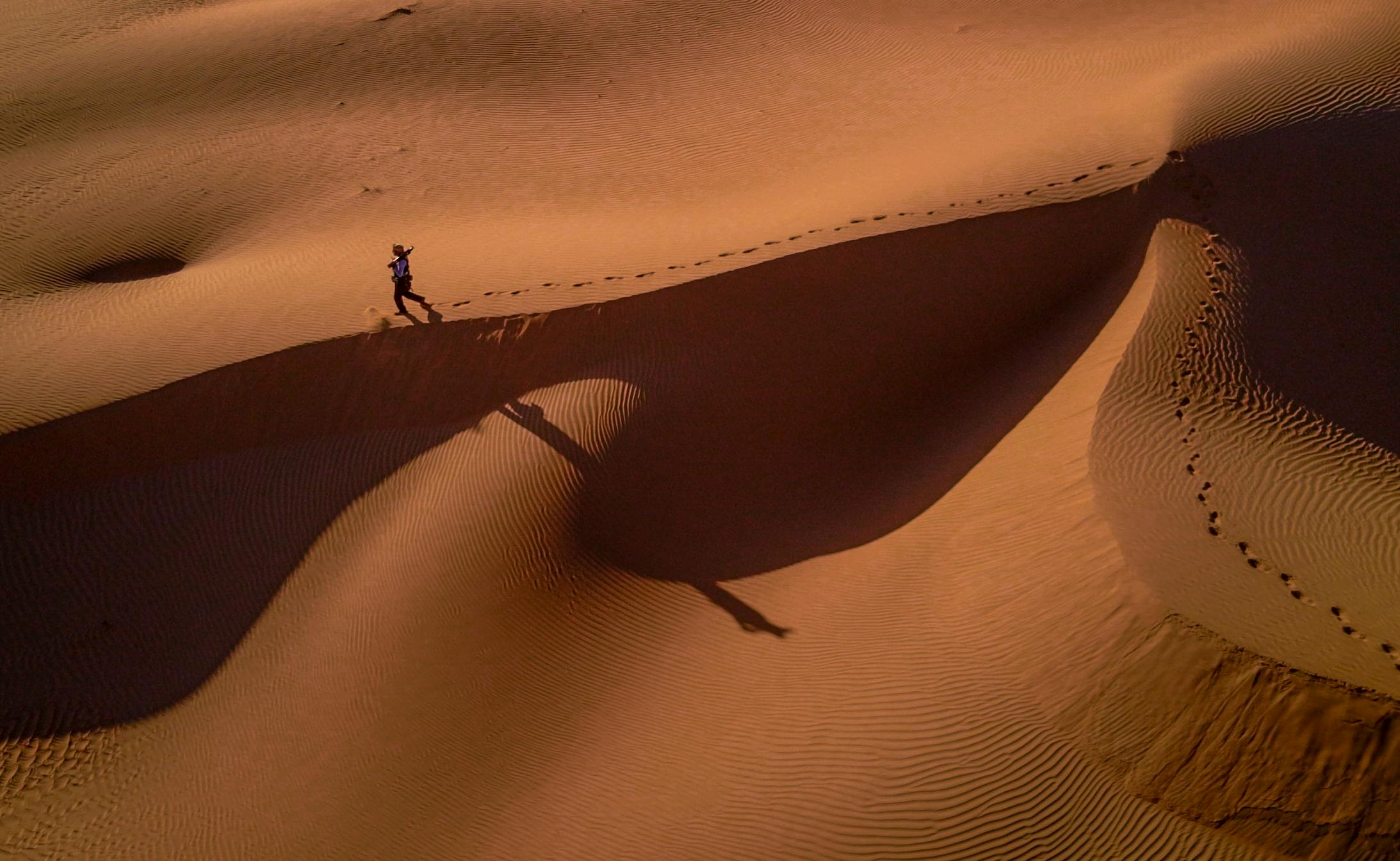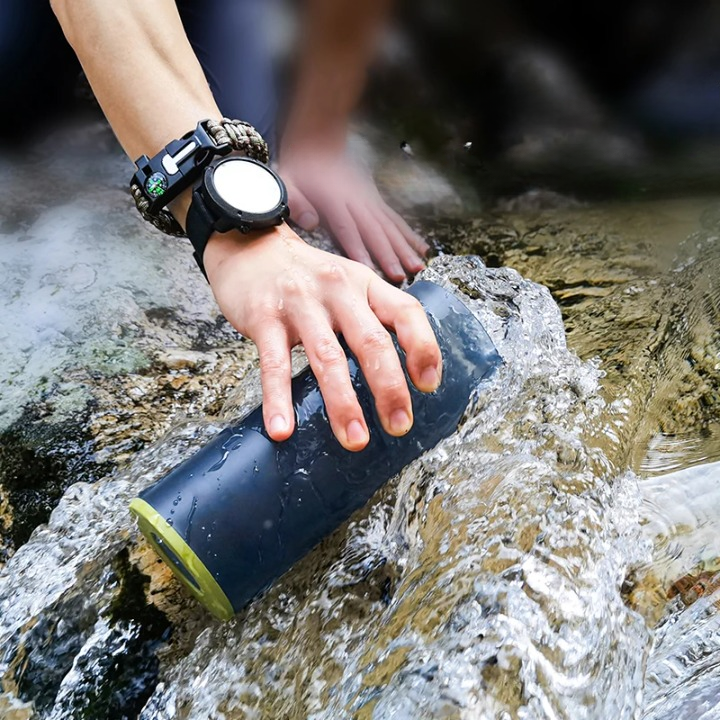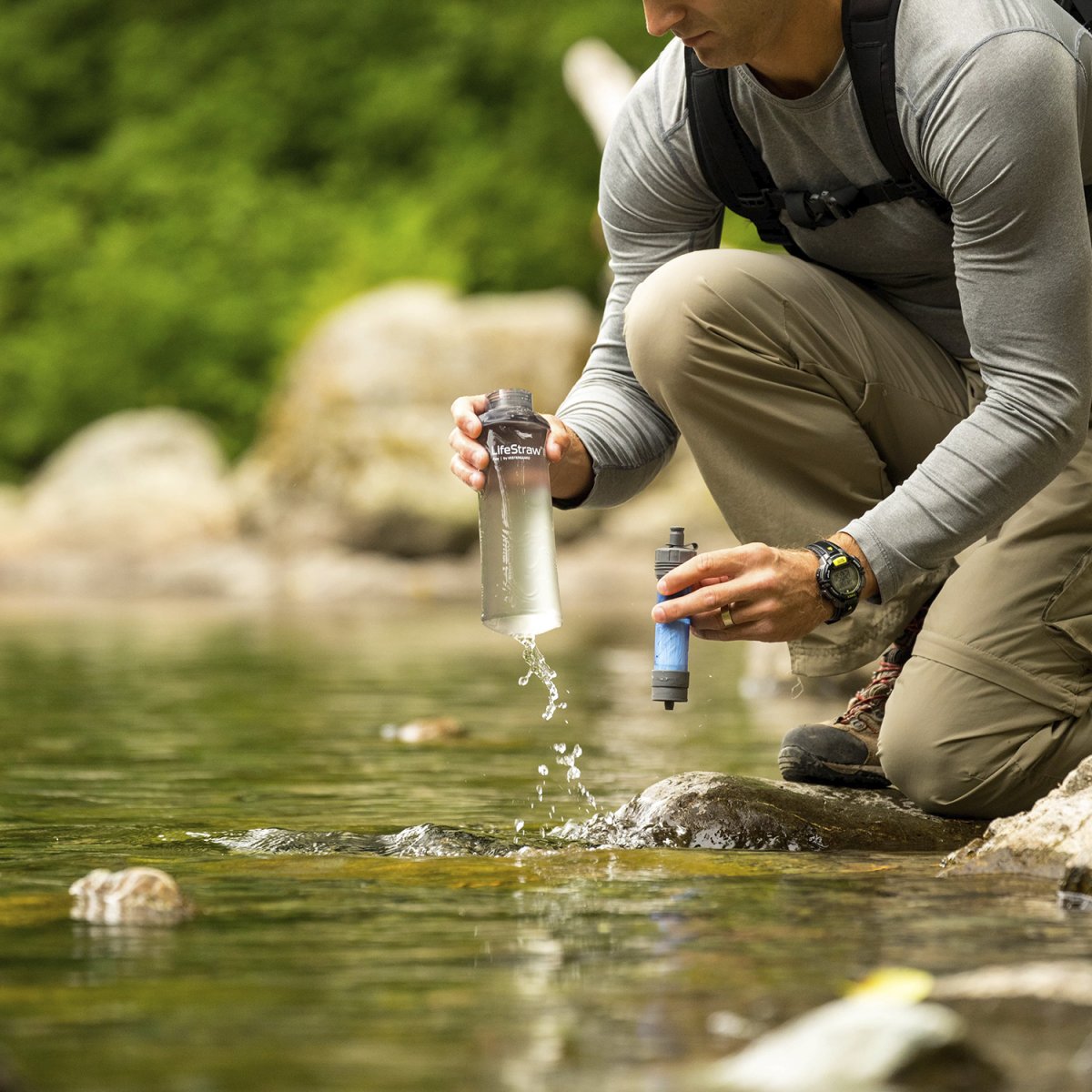Survival Myths Debunked: What Really Works and What Doesn't?
In survival situations, correct knowledge is vital. There are countless survival myths that often do more harm than good. Here we debunk some common myths and share reliable tools that really help you in emergency situations.
1. Myth: “Rub Two Sticks Together to Make Fire”
The Truth: While it is technically possible to make fire through friction, it is extremely difficult for beginners. It takes a lot of time, energy, and the right materials. In an emergency, this process is unreliable and can even exhaust you without any results.
Reliable Tools: Invest in a fire starter or magnesium stick. These tools are compact, easy to use, and work even in wet conditions. With a fire starter, you can create a spark in no time, quickly setting dry material alight.
2. Myth: “Follow a River to Find Civilization”
The Truth: Although rivers often flow to lower ground where there are sometimes settlements, they don’t always bring you to people. The terrain along rivers can be treacherous and difficult to navigate, with dangerous waterfalls and dense vegetation. In some cases, it’s safer to stay on a higher, more manageable path.
Reliable Tools: A compass and map (or GPS if you have battery life) will help you stay on track. By improving your orientation and planning ahead, you can find a safer route and avoid wasting energy unnecessarily.
3. Myth: “Eat Snow to Get Water”
The Truth: Although snow melts into water, you should avoid eating it directly. Snow has a very low temperature and lowers your body temperature, which can lead to hypothermia in cold conditions. Always melt snow before drinking it, and filter it if possible.
Reliable Tools: Carry a portable water filter or water purification tablets in your gear. These products are small, lightweight, and can make water safe and drinkable quickly. They protect you from bacteria and parasites, which is crucial in the wilderness.
4. Myth: “Moss Always Grows on the North Side of a Tree”
The Truth: Although moss sometimes grows more on the north side because of the shade, this is not a reliable way to orient yourself. Moss growth also depends on the humidity and type of environment and can spread around a tree.
Reliable Tools: A compass or GPS is much more accurate. In addition, there are now compact, sturdy compasses that fit easily into any gear and help you not to be dependent on misleading natural features.
5. Myth: “Wildlife Can Lead You to Water”
The Truth: Although animals, especially ungulates, often have water nearby, that doesn’t mean they can lead you directly to it. Wild animals also like hidden and inaccessible places, and following their tracks can easily take you into dangerous territory.
Reliable Tools: A collapsible water container is great for carrying around water you find, and a portable water filter or purification tablets can make it safe to drink, reducing the need to search for water sources.
6. Myth: “If You're Lost, Stay in One Place”
The Truth: In some cases, such as if you’re injured or if rescuers are already looking for you, it may be wise to stay put. But if you’re in a remote area with no help in sight, it may be necessary to move and look for sources of water or a safe place to seek shelter.
Reliable Tools: A distress whistle or mirror can save lives. These simple tools will make you stand out to search teams and greatly increase your chances of being rescued.
Avoiding misleading survival myths and relying on reliable tools will greatly increase your chances of survival. Choose quality products specifically designed for survival situations – such as fire starters, water filters, compasses and emergency signals – so that you can head out into the wild well-prepared and expect the unexpected.







Share:
Bushcraft Basics
Prepping 101: A Beginner's Guide for People Who Are Prepared for Any Scenario